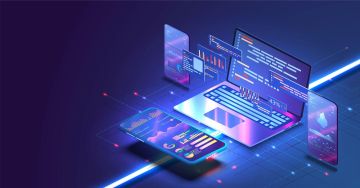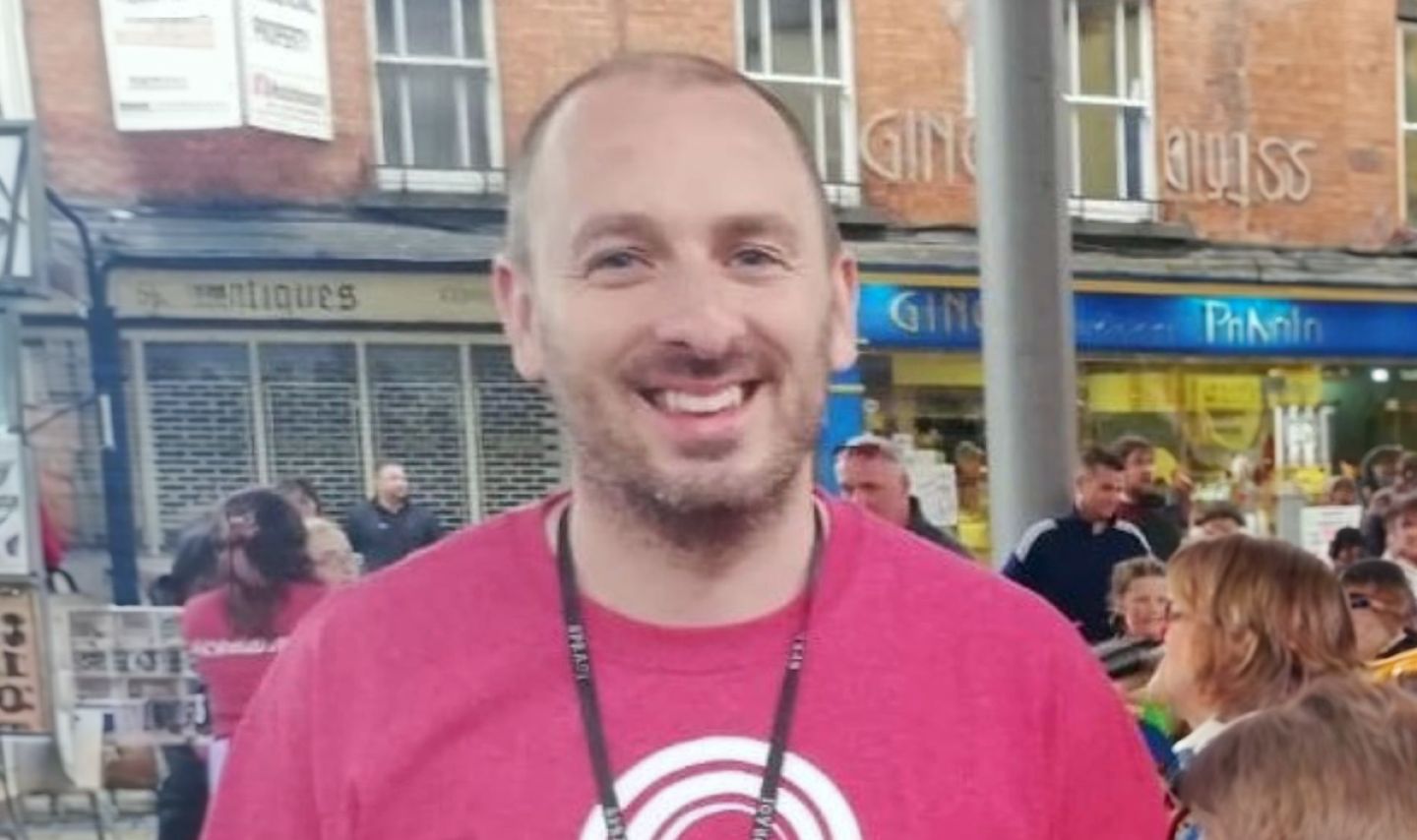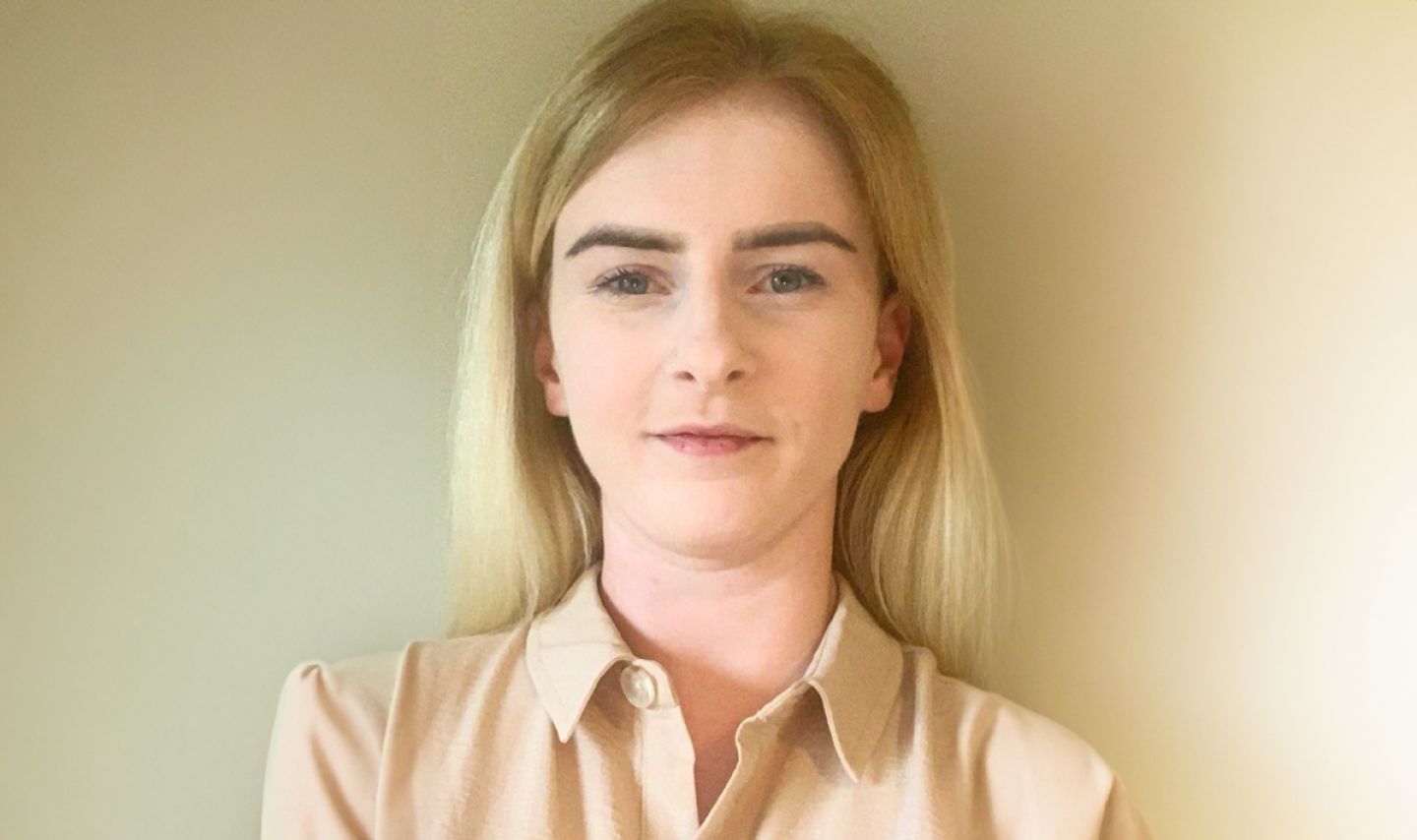
What is the BSc in Information Technology?
In today's digital world, technology isn't just about gadgets and apps; it's about solving real-world problems and shaping the future. It's about turning ideas into reality and making a difference in people's lives. That's the heart of our BSc in Information Technology programme.
This degree isn't just a ticket into the tech industry; it's a launchpad to a future where you're the innovator, the problem-solver, the one who's making the world a better place through technology.
Our BSc in Information Technology is not just about coding. It's about understanding the impact of technology on society, it's about learning how to think critically, solve problems, and develop solutions that matter. You'll learn to work with modern technologies like cloud computing, networking and security, but you'll also learn how to identify and solve the challenges that businesses and society face.
In this course, we don't just teach you skills, we teach you how to learn. Because in the tech industry, things change fast. The tools and technologies that are popular today might be obsolete tomorrow. But with a solid foundation in problem-solving, a deep understanding of technology, and the ability to learn and adapt, you'll be prepared to keep up with any changes that come your way.
So, if you want to be more than just a consumer of technology - if you want to be a creator, an innovator, a leader - then our BSc in Information Technology is the right choice for you. You'll not only gain the technical skills you need to succeed, but also the problem-solving abilities, creative thinking, and adaptability that will make you stand out.
Join our course, and let's start building a better future, together.
What structure does the course have?
This course consists of six 12-week semesters, with six modules in each semester (except semester 5).
Please see below for a list of the programme modules.
Flexible Semester
Semester 5 is a flexible semester. This semester provides an opportunity for you to engage in work placement, exchange courses abroad or professional development courses in IT related areas.
High Practical Content
The course has a high practical content allowing you to get plenty of hands-on experience. Most modules use computers for practical work and there is a blended learning approach where part of the learning is done online, supported by a Virtual Learning Environment.
Year 1
| Semester 1 | Semester 2 |
|---|---|
| Communication Skills | Business Information Systems and Processes |
| Computer Systems 1 | Computer Systems 2 |
| Mathematics Fundamentals | Introduction to Cloud Computing |
| Programming Concepts | Programming Fundamentals 1 |
| Systems Analysis, Design and Testing | Statistical Analysis |
| Website Development 1 | Web Design and Development |
Year 2
| Semester 3 | Semester 4 |
|---|---|
| Computer Networks | Database Systems |
| Database Fundamentals | Operating Systems |
| Enterprise Applications | Introduction to Computer Security |
| Creative Problem Solving | Networks Infrastructure |
| Network Theory Fundamentals | Professional Practice |
| Programming Fundamentals 2 | Web App Development 1 |
Year 3
| Semester 5 | Semester 6 |
|---|---|
| Learning Portfolio-Flexible Semester | Application Security |
| Choose one of the following electives: | Automated Cloud Services |
| *Industrial Placement | Digital Transformation of Information Systems |
| *Professional Certification | Enterprise Data Exchange and XML |
| *Study Abroad | Further Statistics |
| *Voluntary Organisation Project | NoSQL Databases |
| * = Elective |
Leaving Cert: Minimum entry requirements for BSc in Information Technology
5 subjects: O6/H7
English or Irish: O6/H7
Mathematics: O5/H7
Advanced and Equivalent Entry for BSc in Information Technology:
Students who complete this level 7 degree programme can choose either to graduate after three years or progress on to a related level 8 degree.
Follow on Study
BSc (Hons) in Information Technology Waterford
On successful completion of this Level 8 course, you are eligible to avail of a range of taught and research postgraduate programmes.
Information on how to progress is on our advanced entry page.
What career opportunities will I have?
The jobs for which you might find yourself applying include the following:
- Security Analyst
- Database Developer
- Cloud Architect
- Information Architect
- Information Technology Consultant
- Data Centre Technician
What career opportunities will I have?
The jobs for which you might find yourself applying include the following:
- Security Analyst
- Database Developer
- Cloud Architect
- Information Architect
- Information Technology Consultant
- Data Centre Technician
Postgraduate Progression
Completion of a level 8 programme will also enable students to undertake taught Masters programmes or Masters degrees by research at SETU Waterford or other third-level colleges.
Stories
Course Leader












